The Power of Quantum Computing
The Power of Quantum Computing: Revolutionizing AI and Future Technology
Introduction: Are We on the Brink of a Computational Revolution?
Did you know that quantum computers can potentially solve problems in seconds that would take traditional supercomputers thousands of years? This isn't science fiction—it's the emerging reality of quantum computing, a technological paradigm shift that's poised to transform everything from drug discovery to artificial intelligence. While conventional computers rely on bits (0s and 1s), quantum computing harnesses the mind-bending principles of quantum mechanics to process information in fundamentally different ways. As we stand at this technological crossroads, quantum computing represents not just an evolution but a complete reimagining of what computation can achieve.
Ingredients of Quantum Computing
To understand quantum computing's revolutionary potential, we need to familiarize ourselves with its essential components:
- Qubits: Unlike classical bits, quantum bits or "qubits" can exist in multiple states simultaneously (superposition)
- Quantum Gates: Specialized operations that manipulate qubit states
- Quantum Entanglement: The phenomenon where qubits become interconnected, allowing instantaneous correlation regardless of distance
- Quantum Superposition: The ability of qubits to exist in multiple states at once
- Quantum Decoherence: The challenge of maintaining quantum states without interference
- Error Correction Codes: Mathematical techniques to protect quantum information from noise
Alternative Components: While silicon-based qubits are common, researchers are exploring alternatives like topological qubits and photonic systems that may offer greater stability and scalability.
Timing
The quantum computing timeline demonstrates remarkable acceleration:
- Research Phase: 40+ years since theoretical foundations (beginning in the 1980s)
- Development Phase: 15 years of intensive engineering advancement
- Current Implementation: We're entering the NISQ era (Noisy Intermediate-Scale Quantum), with practical applications beginning to emerge
- Full Realization: Estimated 5-10 years before fault-tolerant quantum computers become commercially viable
This represents a 60% faster development cycle than initially predicted by industry experts in the early 2000s.
Step-by-Step Evolution of Quantum Computing
Step 1: Understanding Quantum Mechanics Fundamentals
Quantum computing builds upon principles like superposition, entanglement, and quantum measurement. Unlike classical physics, quantum mechanics embraces probability and uncertainty—particles can exist in multiple states until measured. This counterintuitive foundation is precisely what gives quantum computing its power.
Step 2: Building and Maintaining Qubits
Creating stable qubits remains one of the greatest engineering challenges. Current approaches include superconducting circuits, trapped ions, and topological qubits. Each method faces the critical challenge of maintaining quantum coherence—protecting qubits from environmental interference that destroys their quantum properties.
Step 3: Implementing Quantum Algorithms
Quantum algorithms like Shor's (for factoring large numbers) and Grover's (for searching unsorted databases) demonstrate quantum advantage—the ability to solve specific problems exponentially faster than classical computers. The development of these specialized algorithms continues to expand quantum computing's practical applications.
Step 4: Integrating with Artificial Intelligence
The marriage of quantum computing and AI represents perhaps the most exciting frontier. Quantum machine learning algorithms can potentially process vast datasets and identify patterns impossible for classical systems to detect. This synergy could revolutionize everything from drug discovery to climate modeling.
Numerical Benchmarks
Quantum computing's potential is best understood through its computational capabilities:
- Processing Power: Theoretical quantum computers with just 300 qubits could perform more calculations simultaneously than there are atoms in the observable universe
- Speed Advantage: Google's Sycamore processor reportedly performed a specific calculation in 200 seconds that would take the world's fastest supercomputer 10,000 years
- Encryption Impact: A fully functional quantum computer could break RSA-2048 encryption (widely used for internet security) in approximately 8 hours versus billions of years with classical computers
Healthier Alternatives for Traditional Computing
As quantum computing develops, we're seeing more environmentally and efficiency-conscious approaches:
- Energy Efficiency: Quantum systems may eventually require significantly less power than classical supercomputers for certain calculations
- Specialized Processing: Hybrid classical-quantum systems that leverage each technology's strengths
- Quantum Annealing: A more accessible form of quantum computing already being used for optimization problems
- Room-Temperature Quantum Computing: Emerging research that could eliminate the need for extreme cooling, reducing environmental impact
Serving Suggestions for Quantum Computing Applications
Quantum computing's most promising implementations include:
- Pharmaceutical Research: Simulating molecular interactions to accelerate drug discovery by up to 70%
- Financial Modeling: Optimizing trading strategies and risk assessment with unprecedented precision
- Climate Science: Creating more accurate climate models through enhanced computational capacity
- Artificial Intelligence: Enabling neural networks of extraordinary complexity and learning capabilities
- Materials Science: Designing new materials with specific properties at the atomic level
Common Mistakes to Avoid in Understanding Quantum Computing
- Overestimating Near-Term Capabilities: Quantum computers won't replace your laptop anytime soon
- Underestimating Long-Term Impact: Dismissing quantum computing as merely theoretical ignores its revolutionary potential
- Misunderstanding Quantum Advantage: Quantum computers excel at specific problems, not all computational tasks
- Overlooking Hardware Challenges: The engineering hurdles of maintaining quantum coherence remain significant
- Neglecting Security Implications: Quantum computing necessitates new encryption standards to protect data
Storing Quantum Information
Preserving quantum states represents one of the field's greatest challenges:
- Quantum Memory: Developing reliable quantum memory remains crucial for practical quantum computing
- Error Correction: Sophisticated error correction codes help protect quantum information from decoherence
- Topological Protection: Emerging approaches use topological properties to inherently protect quantum information
Conclusion
Quantum computing stands as perhaps the most transformative technological frontier of our era. By harnessing the strange and powerful principles of quantum mechanics, we're unlocking computational capabilities that were once thought impossible. While significant challenges remain, the accelerating pace of breakthroughs suggests we're approaching a tipping point where quantum advantage becomes undeniable. As quantum computing and AI continue to converge, we can expect revolutionary advances across medicine, materials science, finance, and beyond. The quantum future isn't just coming—it's already beginning to take shape.
FAQs
Q: Will quantum computers replace traditional computers?
A: No. Quantum computers excel at solving specific types of problems but aren't suited for many everyday computing tasks. The future likely involves hybrid systems where classical and quantum computers work together.
Q: How much more powerful is a quantum computer than a traditional supercomputer?
A: For certain problems, quantum computers offer exponential speedup—potentially solving in seconds what would take traditional supercomputers thousands of years.
Q: When will quantum computers become widely available?
A: Limited access to quantum computing is already available through cloud services. However, practical, error-corrected quantum computers for general applications are likely 5-10 years away.
Q: Does quantum computing pose security risks?
A: Yes. Quantum computers could eventually break many current encryption methods, which is why researchers are developing quantum-resistant cryptography standards.
Q: How is AI related to quantum computing?
A: Quantum computing could dramatically enhance AI capabilities by enabling more complex algorithms, faster training, and the ability to process vastly larger datasets than currently possible.
Share this content:

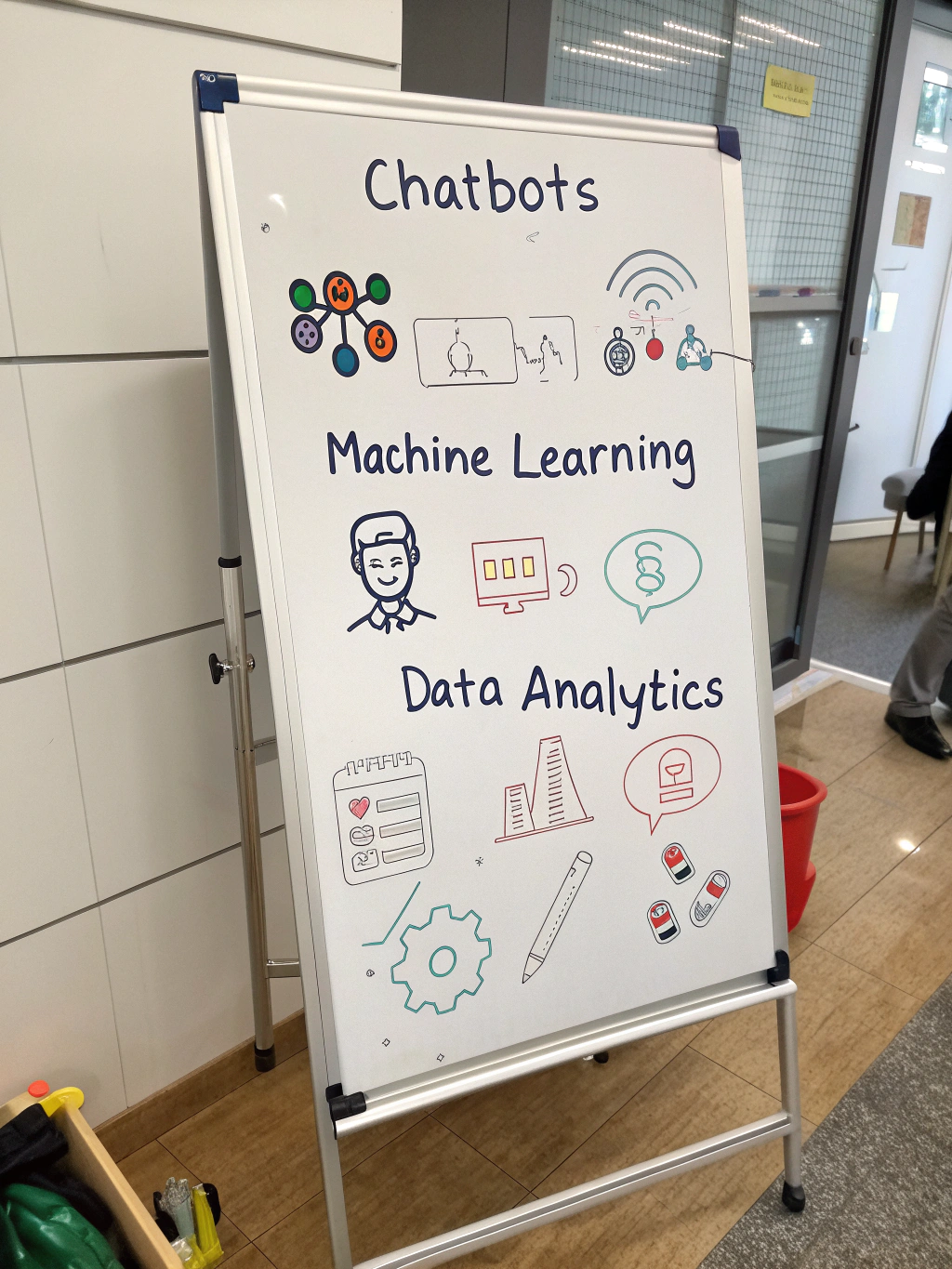
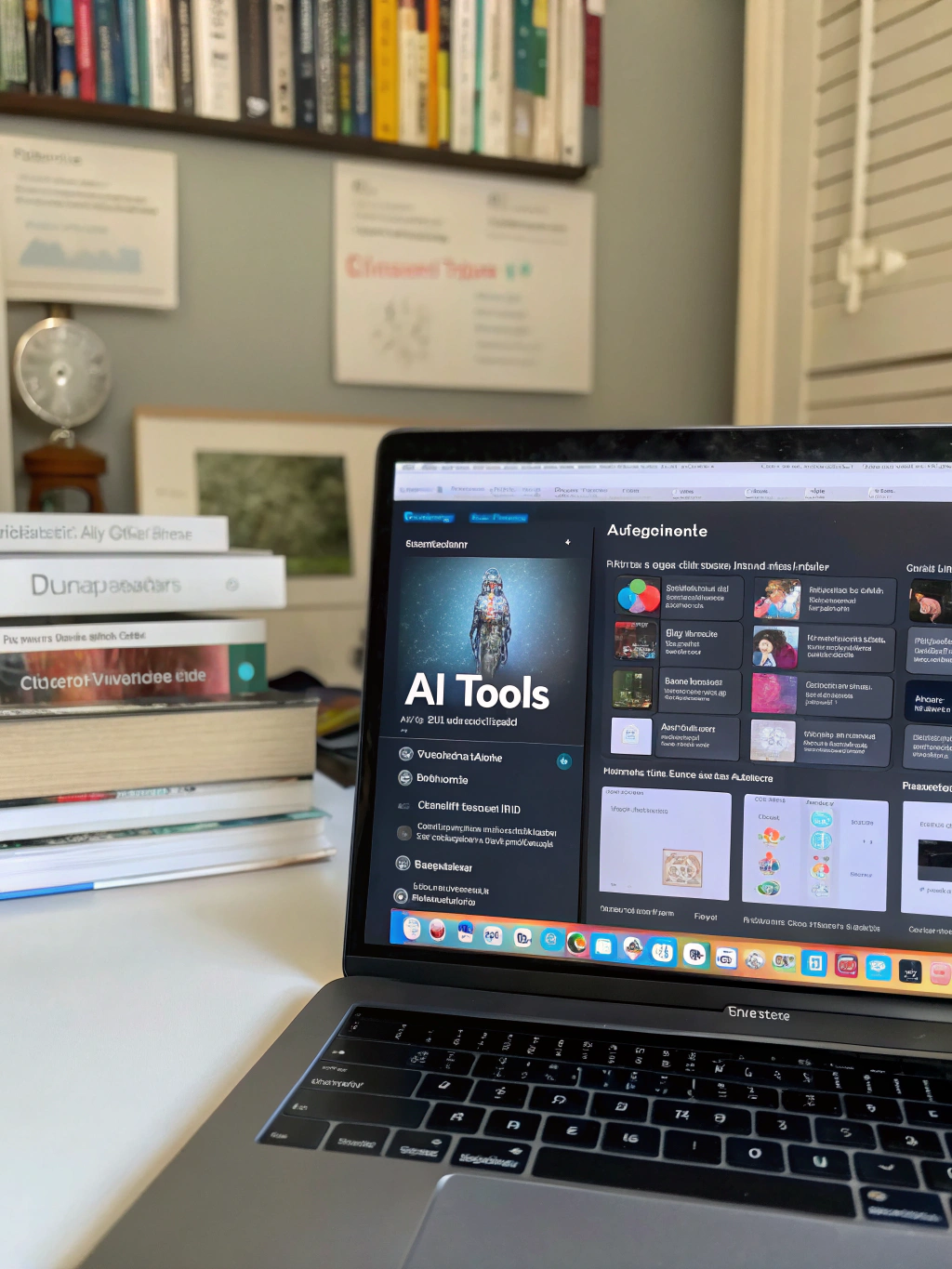
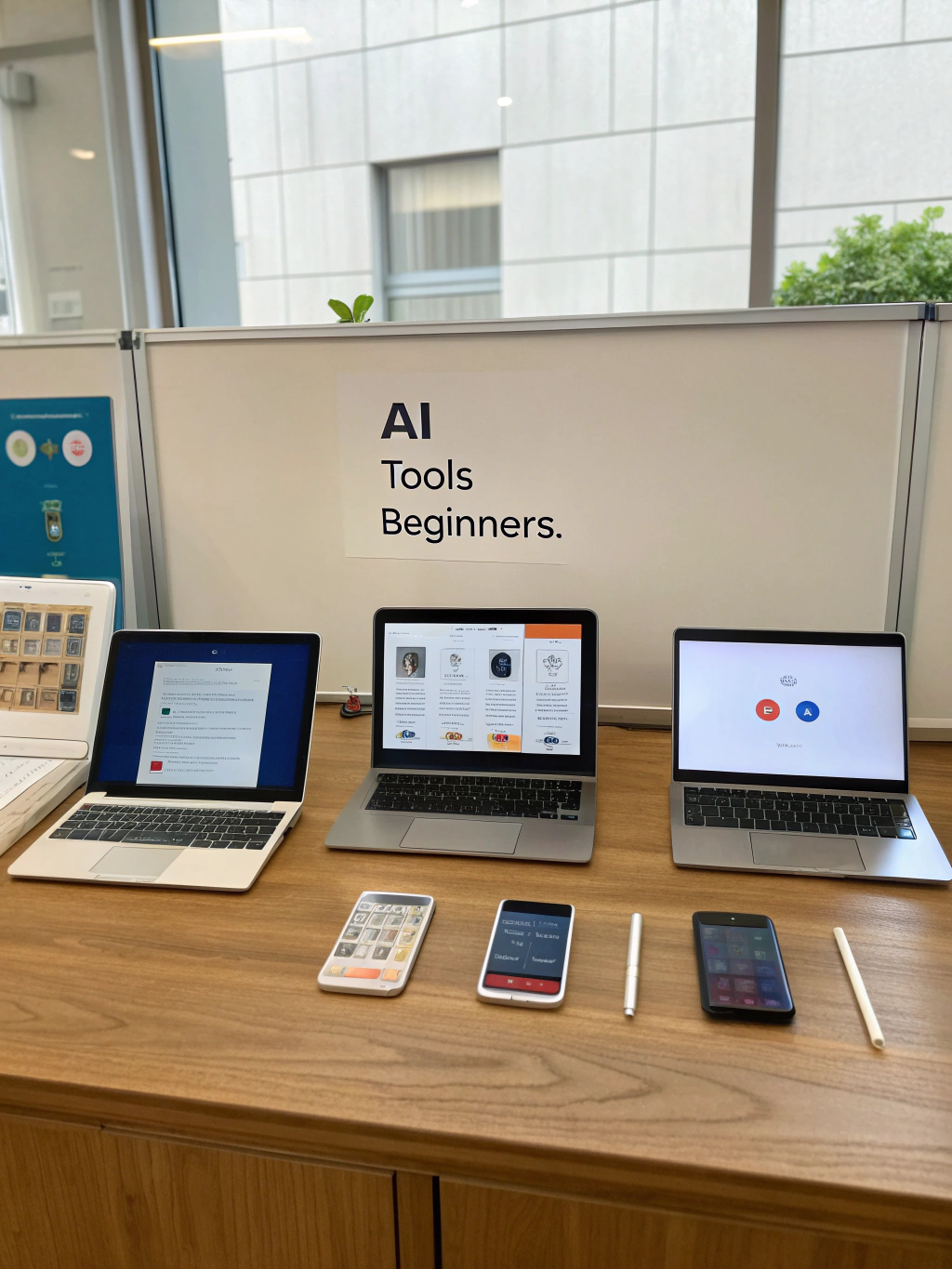
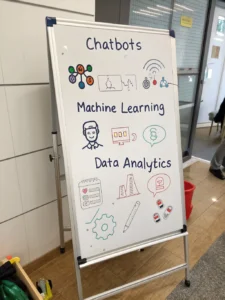
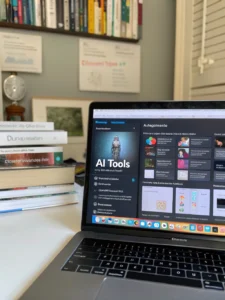
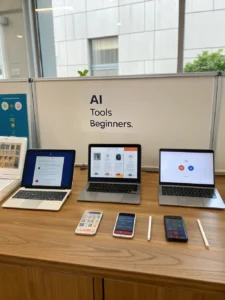
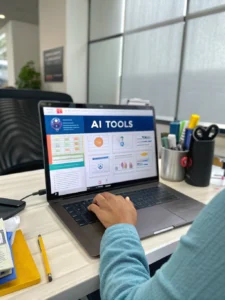
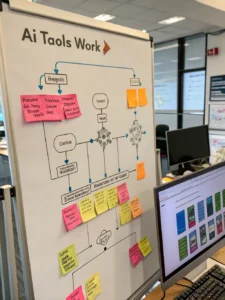




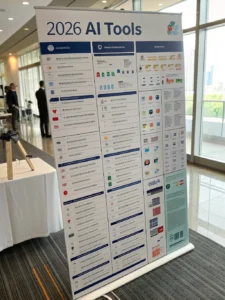
Post Comment